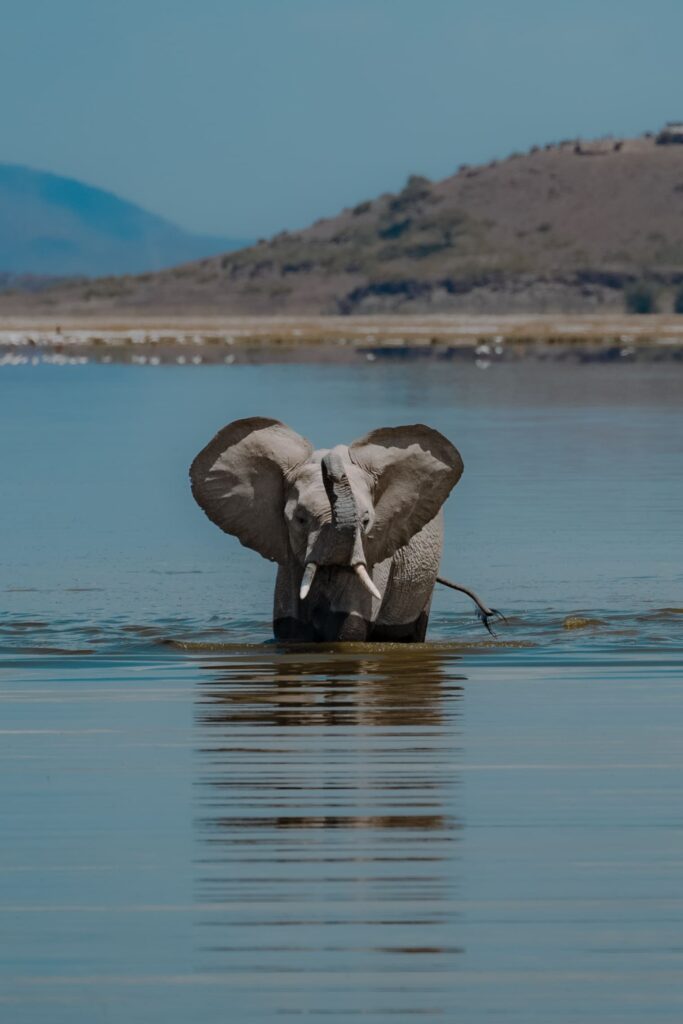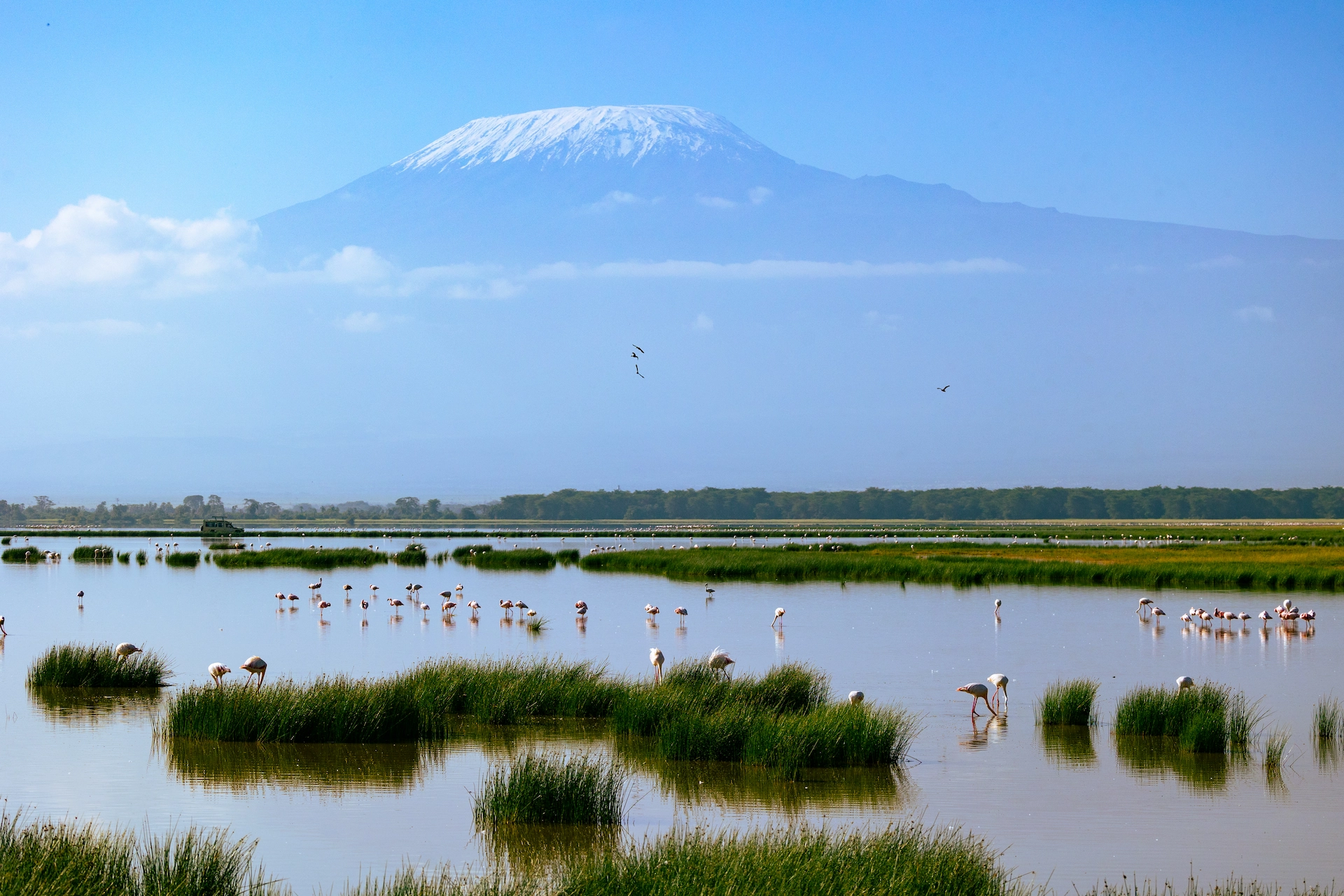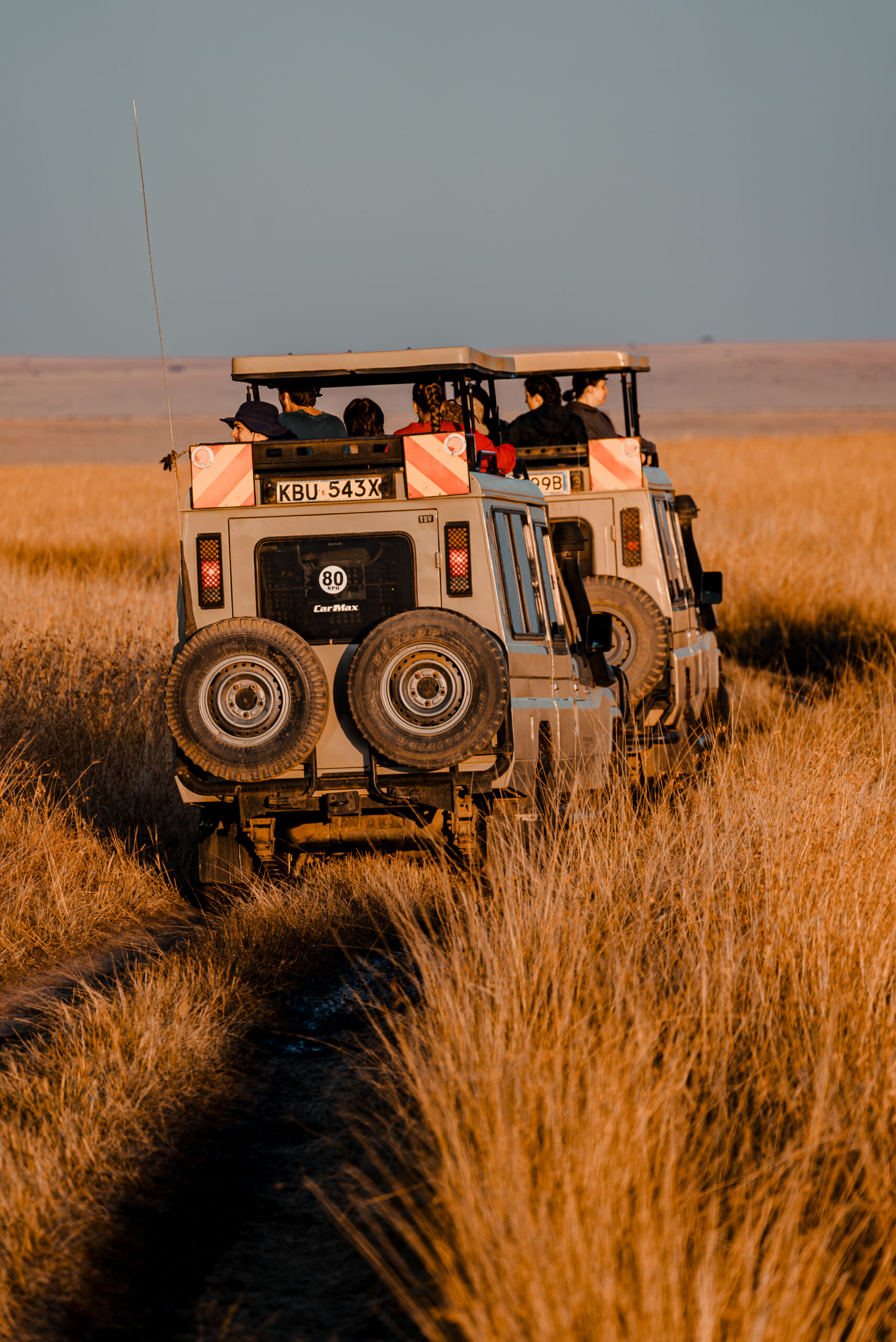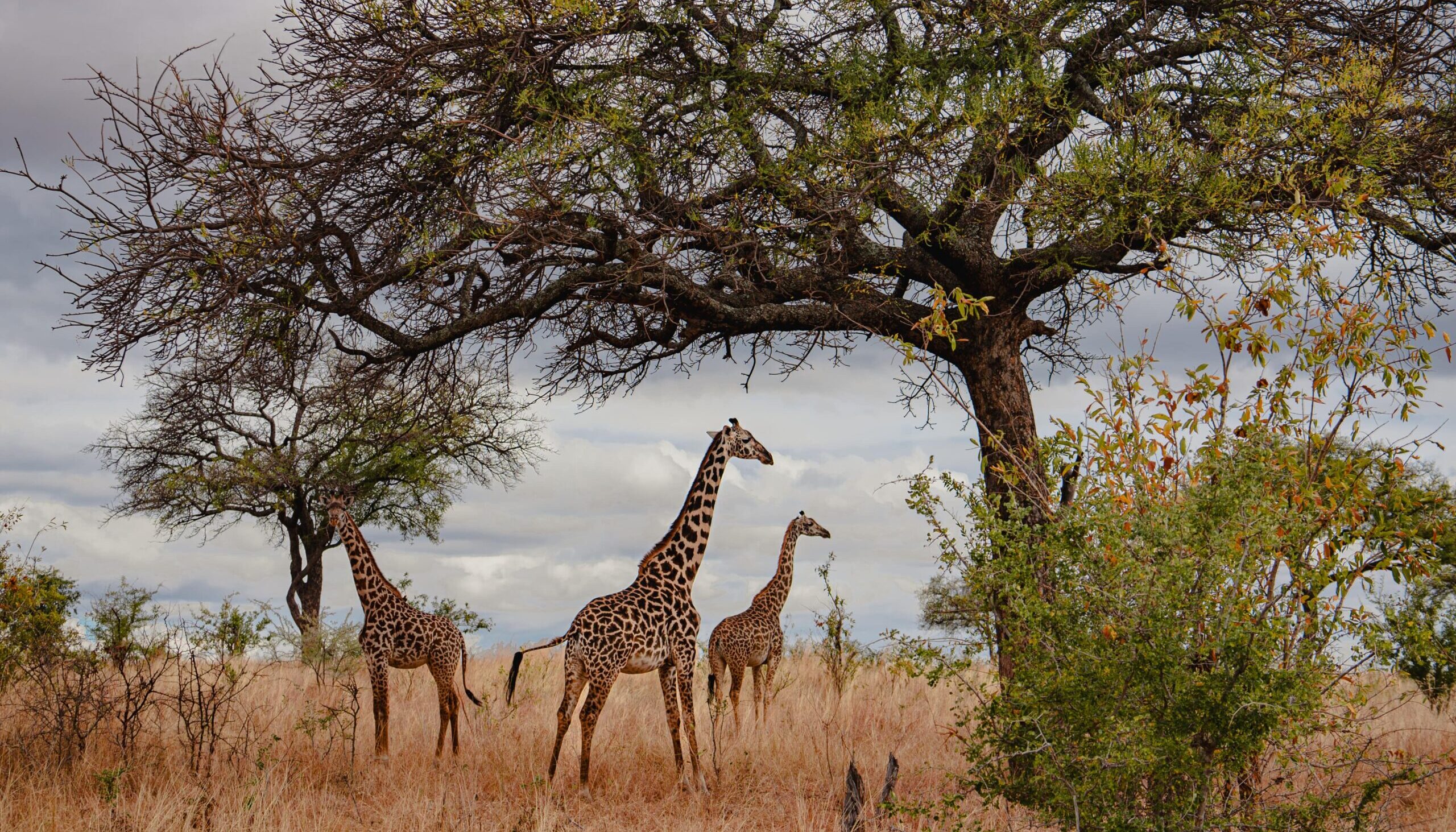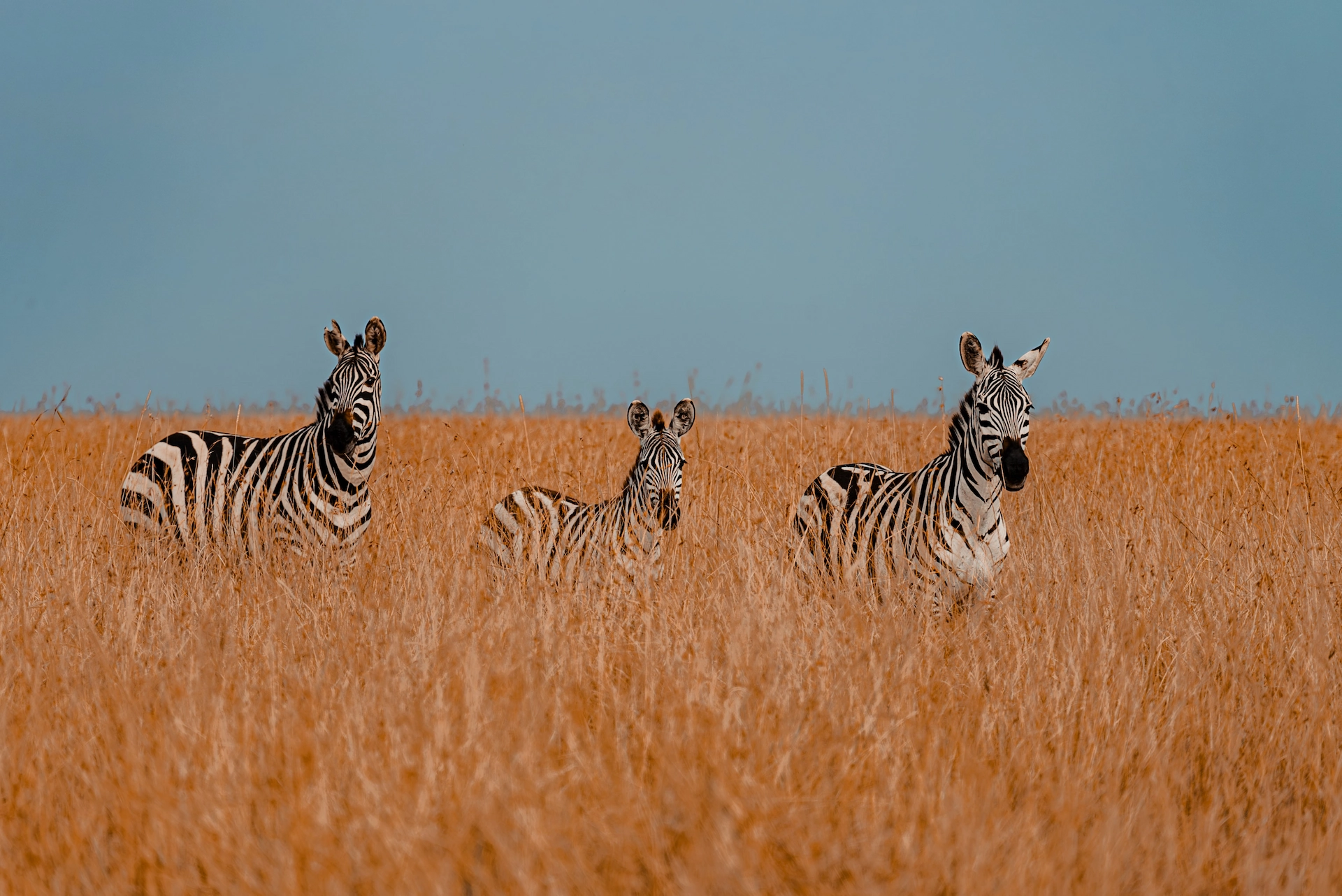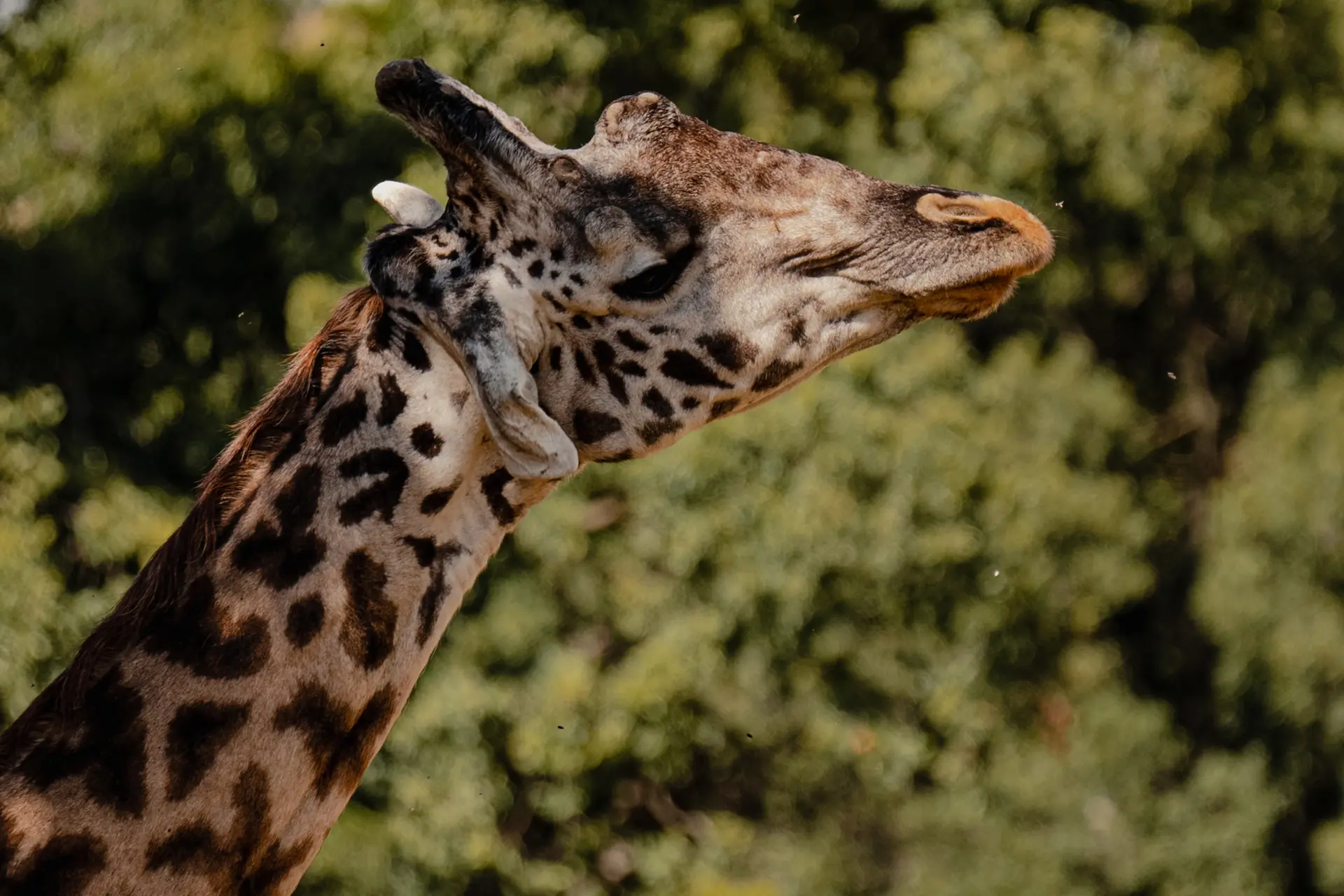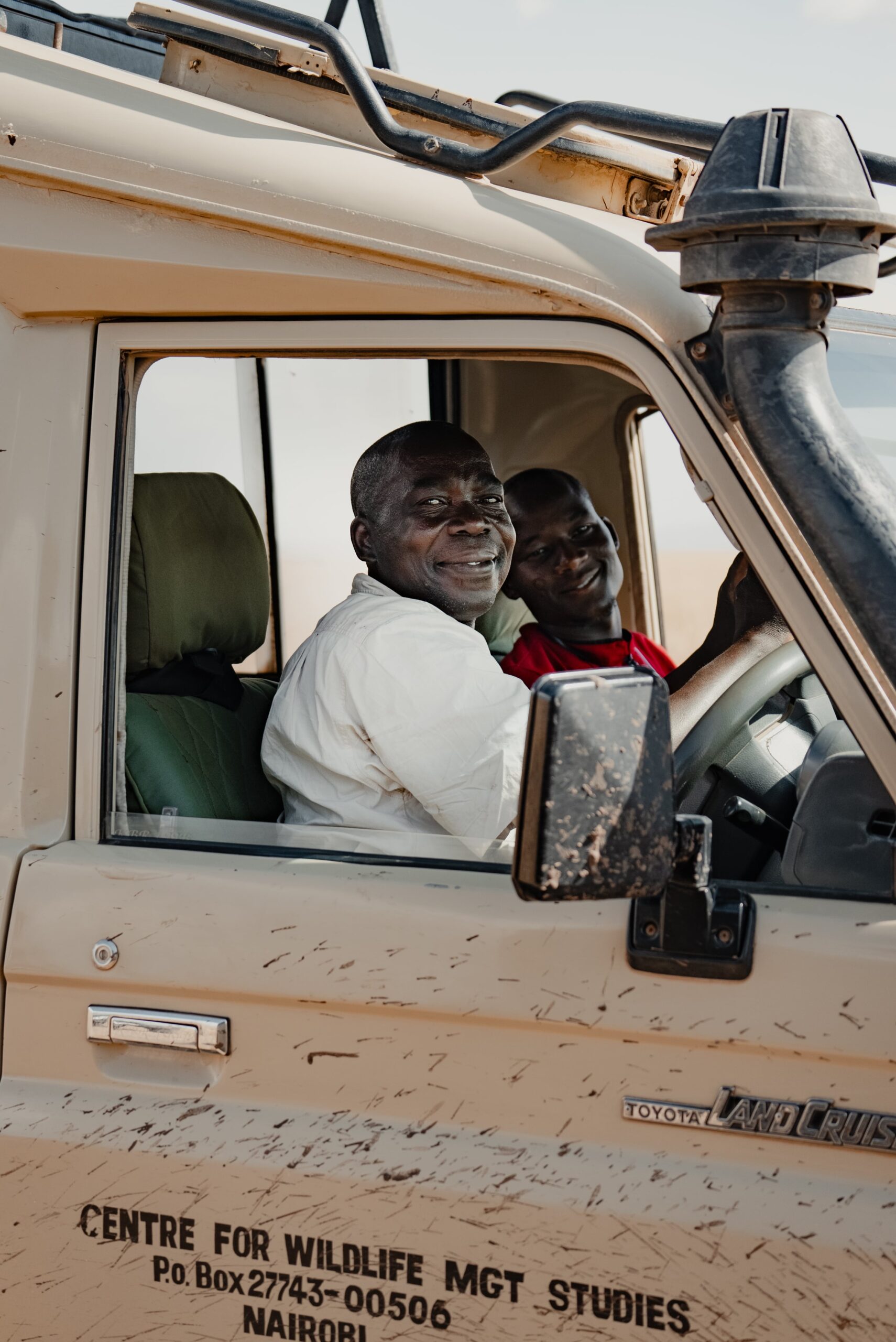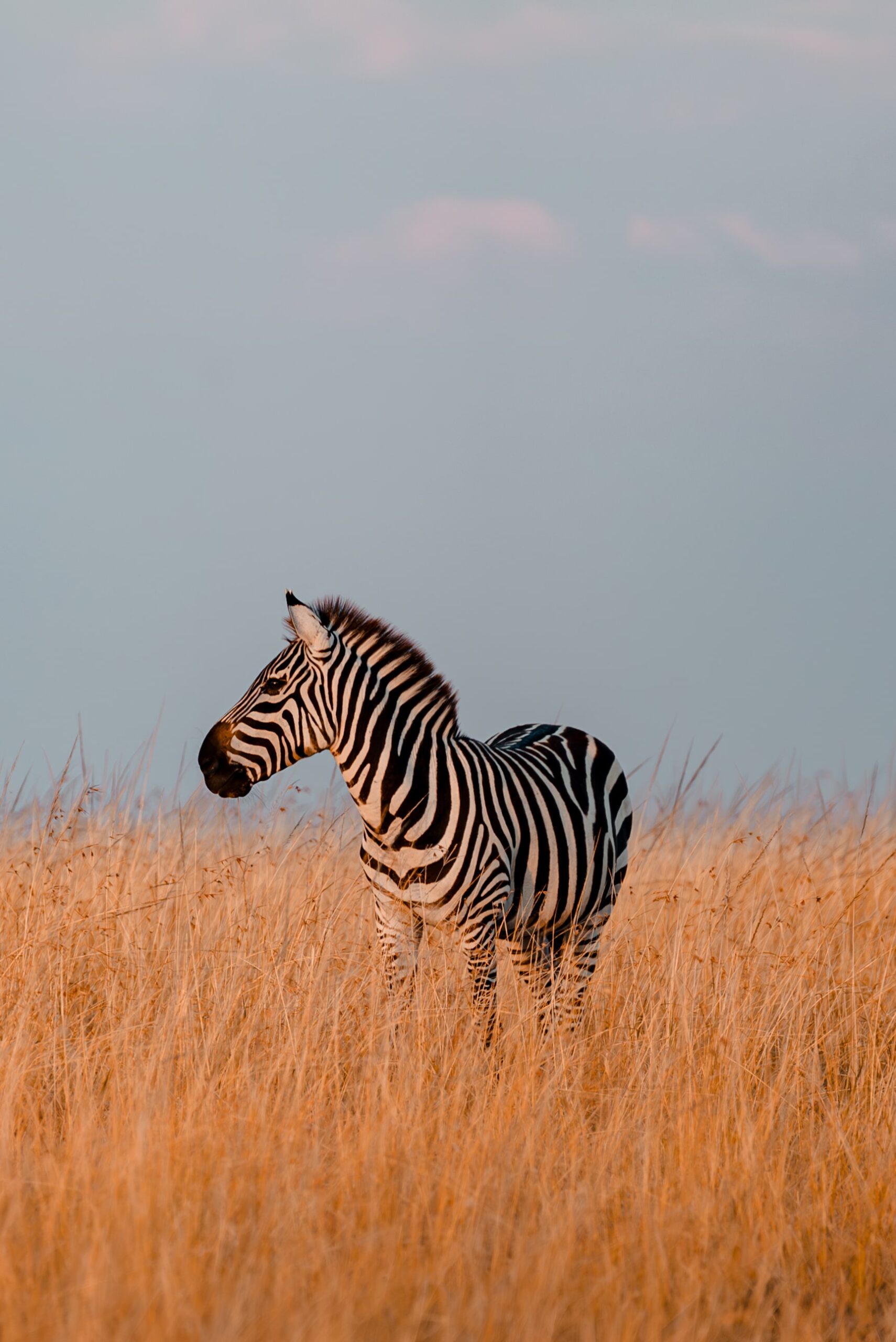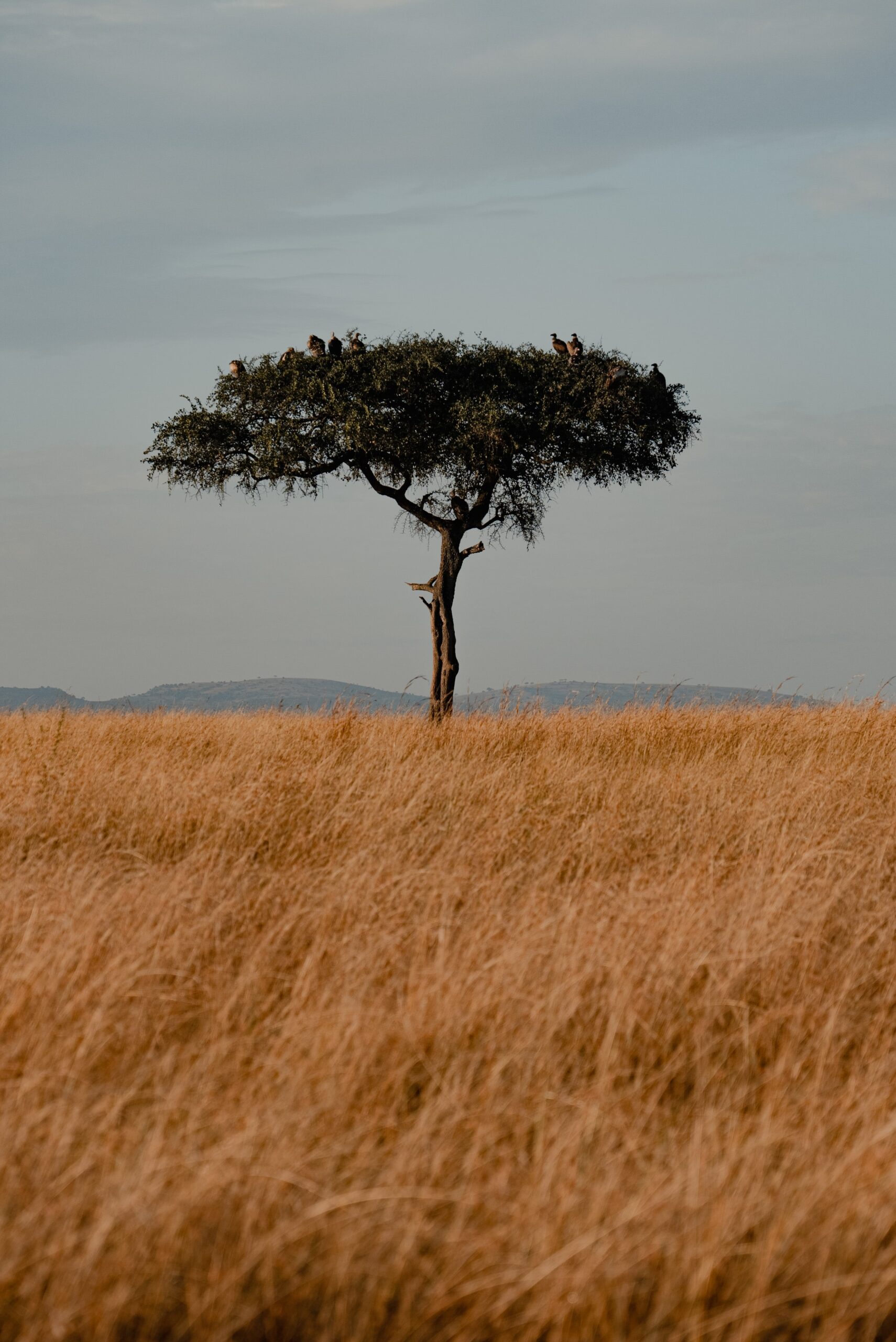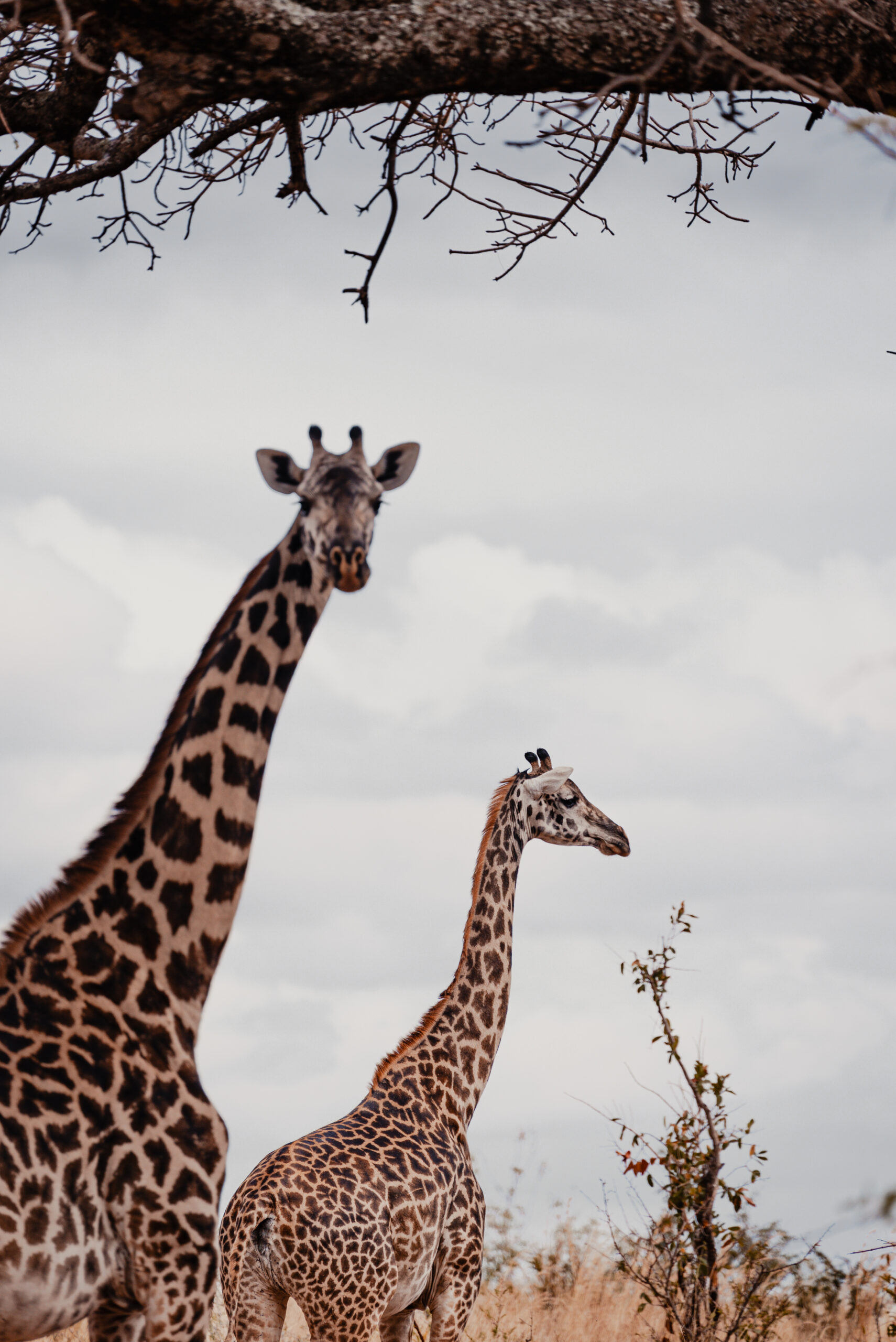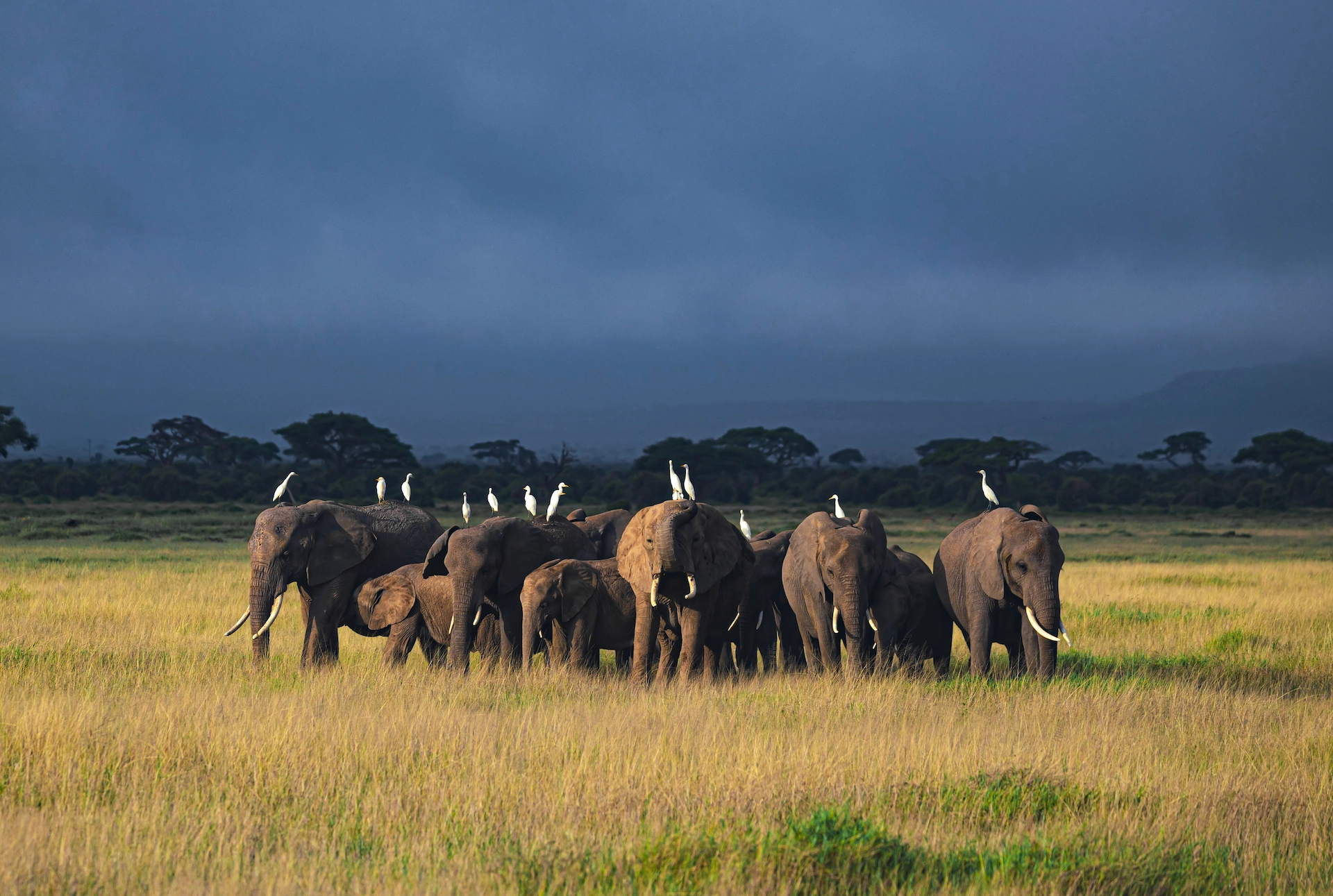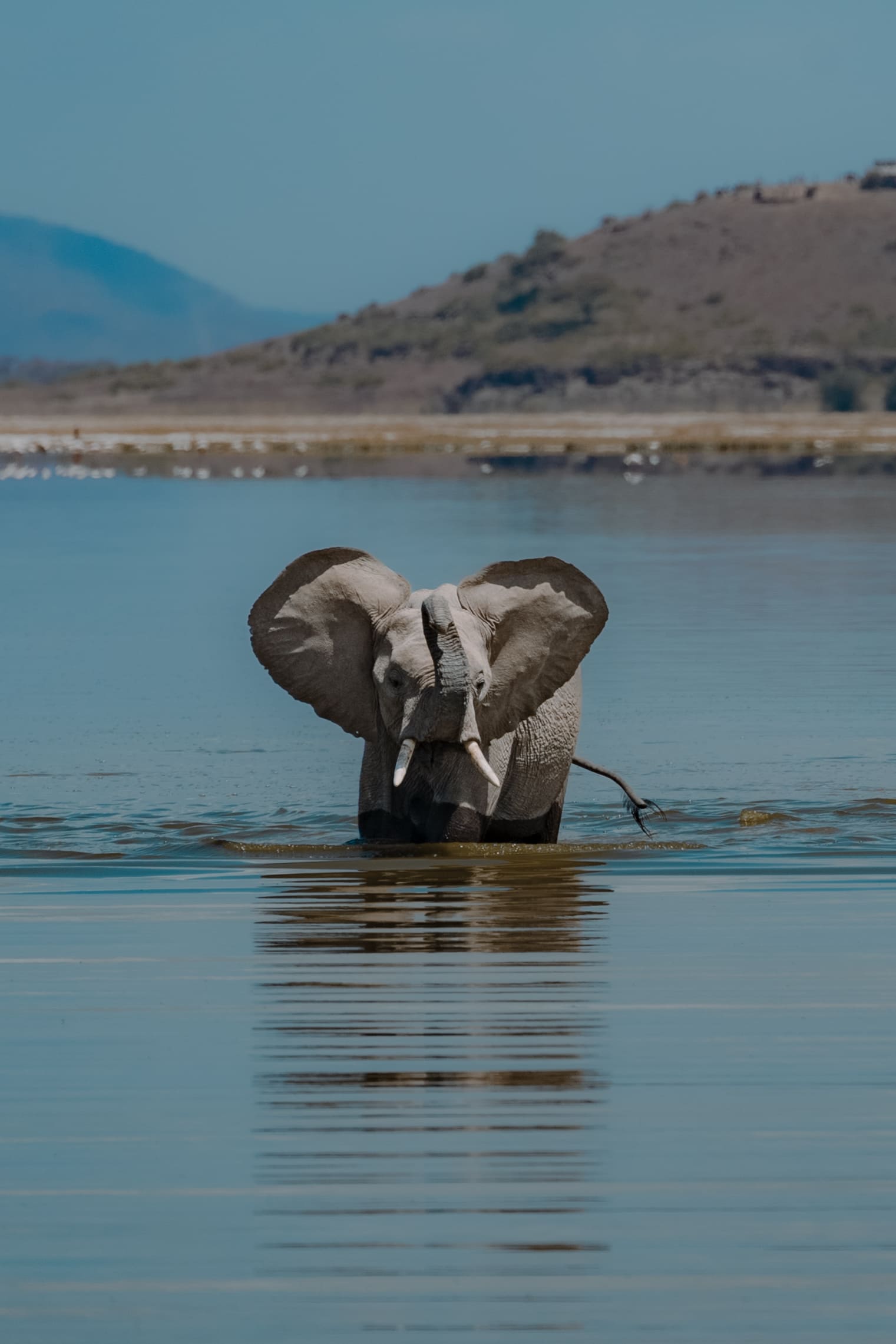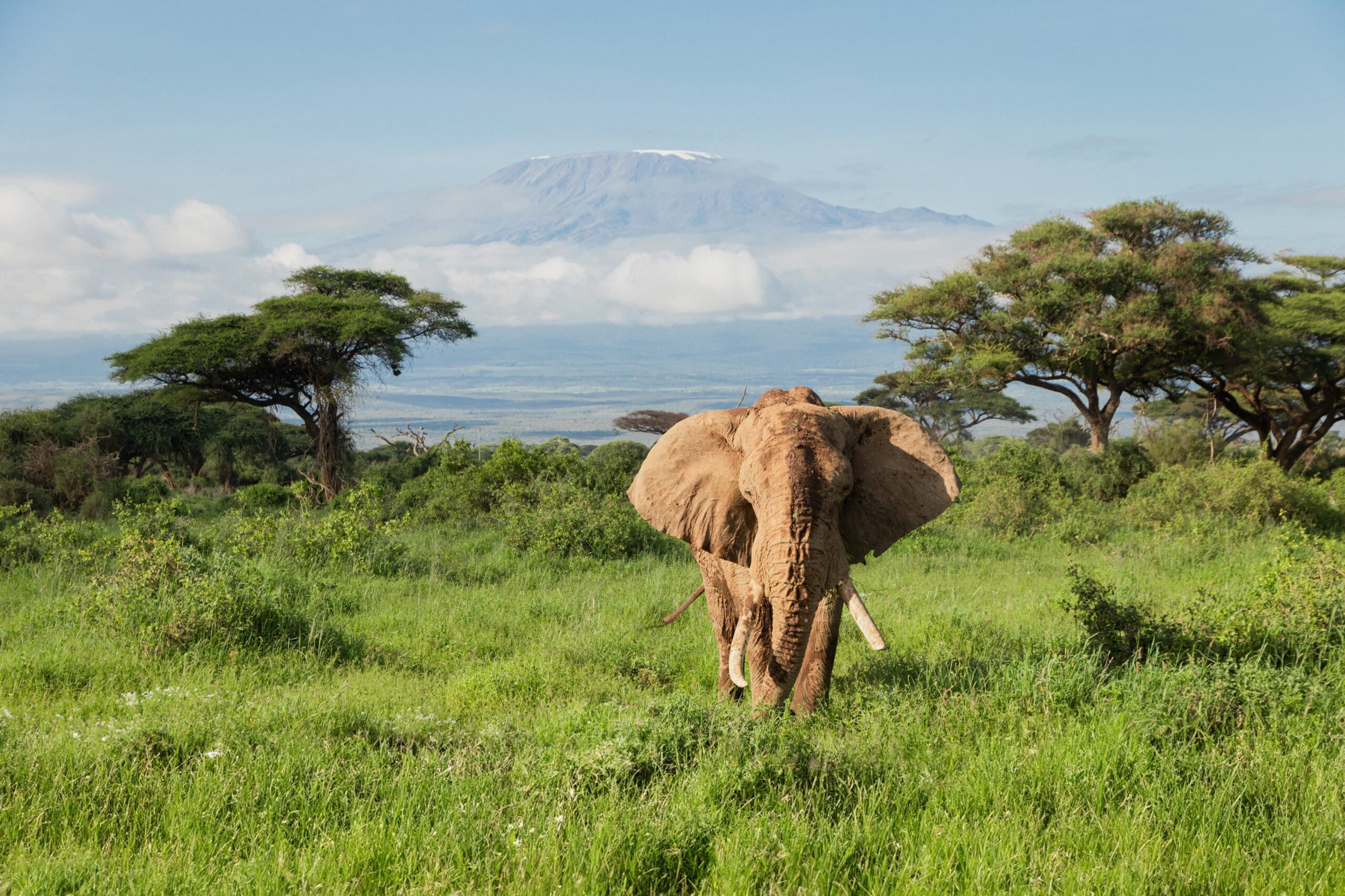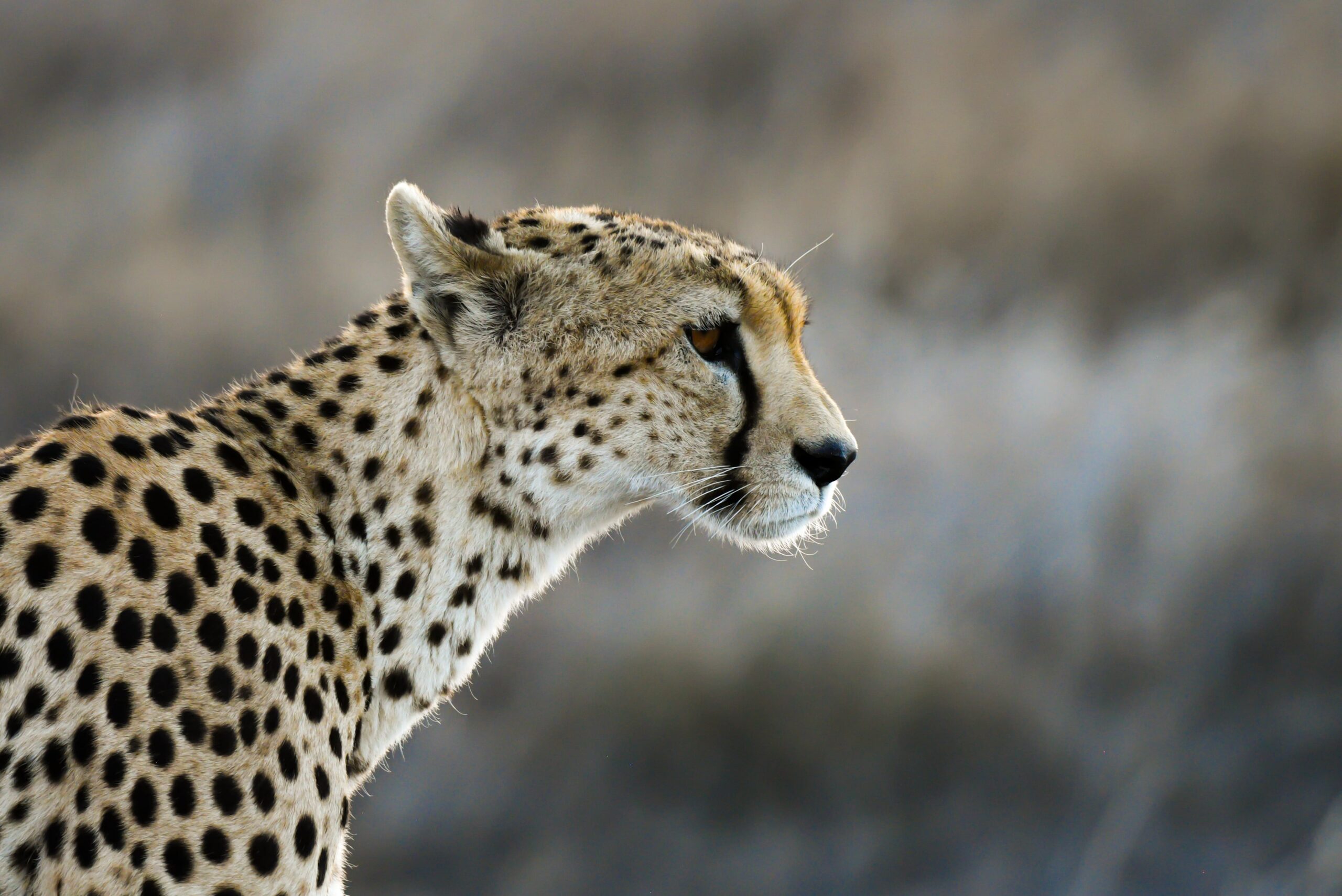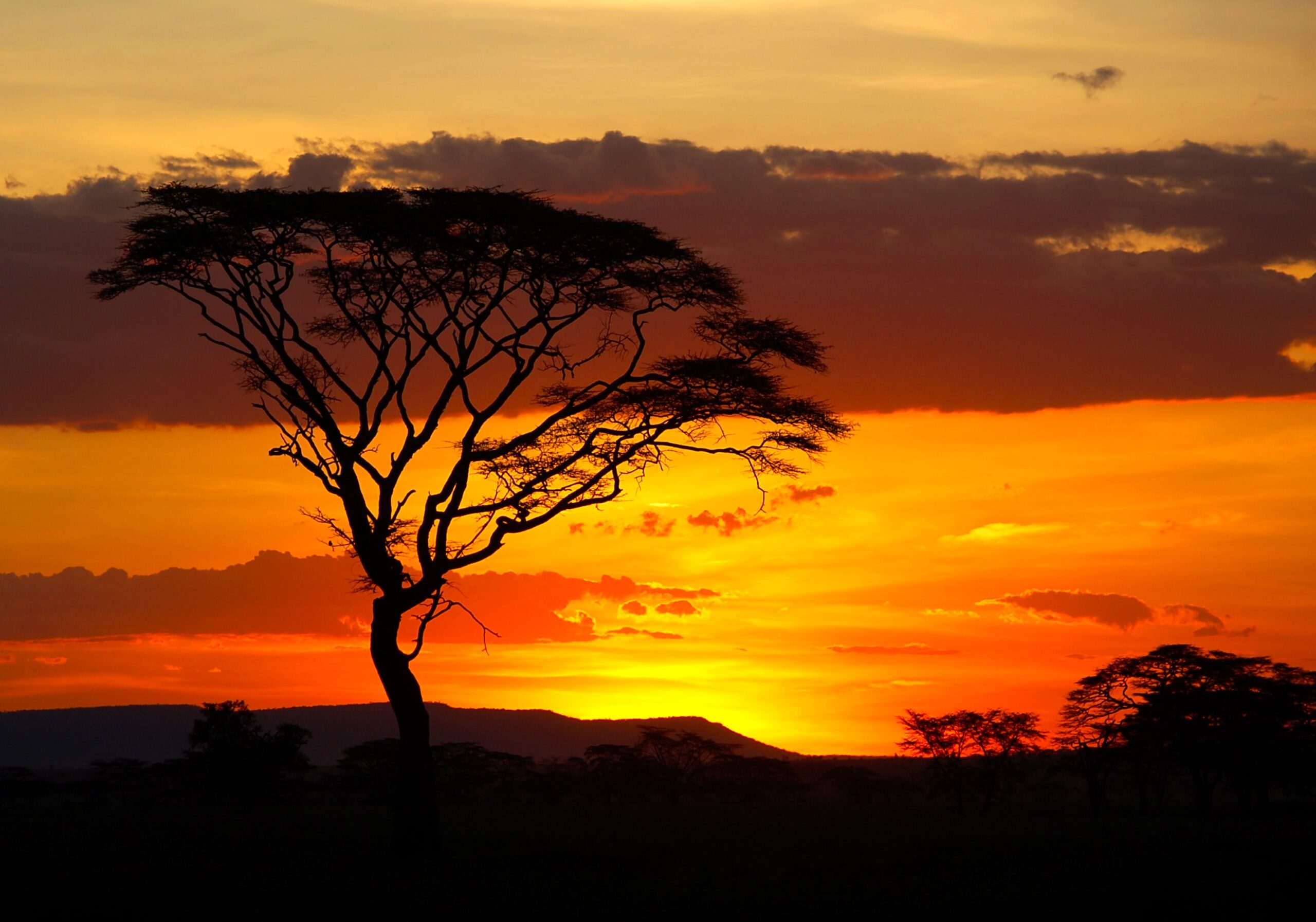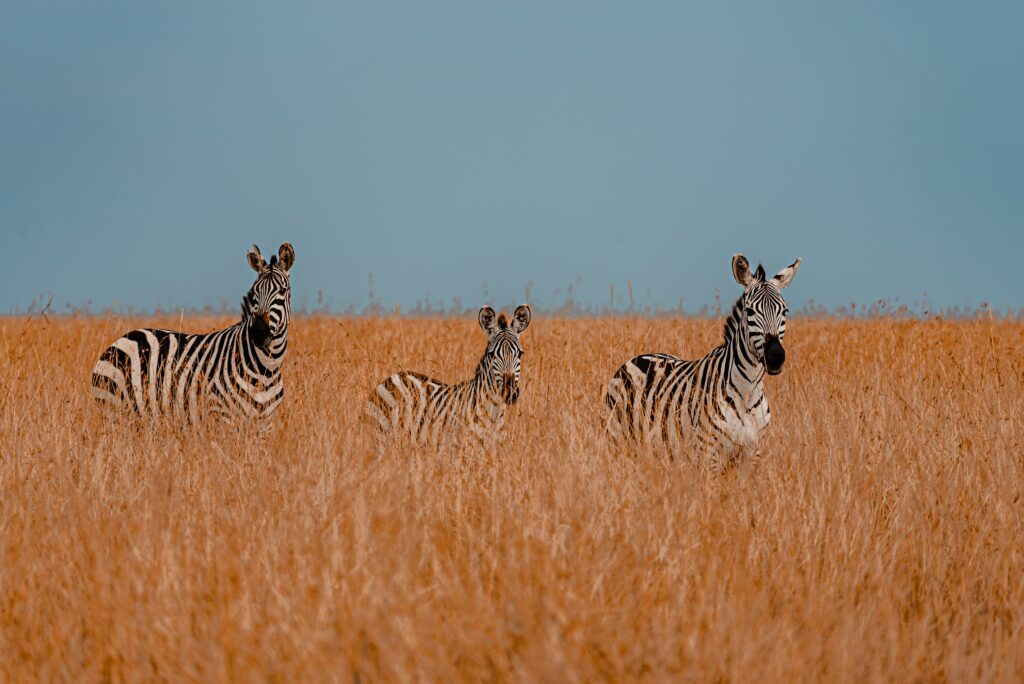
Program Costs
- Tuition
- Room & Board
- Total
Application Deadlines
Resources
Wildlife Health and Conservation
Immerse yourself in Kenya’s diverse ecosystems while exploring the role of wildlife health and medicine in conservation. Traveling from the Amboseli ecosystem to primate habitats near Nairobi to the Maasai Mara Reserve, you will study how disease, human–wildlife conflict, and environmental pressures affect elephants, lions, cheetahs, raptors, and other threatened species. Through lectures, field excursions, and discussions with experts, you will gain insight into the practices of wildlife health management and the ecological, social, and medical dimensions that influence conservation outcomes. By the end of the program, you will have a deeper understanding of how wildlife health connects to the broader future of conservation in Kenya.
- Journey on multi-day trips to the Nairobi Primate Institute and Maasai Mara National Reserve, observing primates, megaherbivores, and predators in their natural habitats.
- Travel across wildlife conservancies in the Amboseli ecosystem to explore pressing health challenges facing elephants, lions, cheetahs, raptors, and other endangered species.
- Learn how human–wildlife conflict, climate change, and emerging diseases are shaping conservation outcomes in East Africa.
- Connect with leading ecology, conservation, and veterinary science professionals to gain insight into real-world wildlife health management practices.
- Discover how wildlife medicine, ecology, and community engagement intersect to safeguard biodiversity and the future of threatened species.
Academics
This academically rigorous program follows a six-day/week schedule. Each program combines theory learned during classroom sessions with field-based applications and demonstrations by the experts in wildlife rescue and health medicine. The interdisciplinary curriculum facilitates students’ active discovery and understanding of the complexities of environmental, social, and economic issues in Kenya. Please note: this is not a veterinary practice or animal husbandry course, and opportunities for direct animal handling will be limited.
Major academic themes include:
- Applications of preventive medicine, including basic capture and handling techniques
- Climate change, human impacts, and their effects on wildlife health and survival
- Epidemiology of wildlife disease and the role of wildlife veterinary services in Kenya
- Wildlife identification, behavior, and population monitoring
- Wildlife surveillance, poisoning, and other threats contributing to species decline
- Wildlife diseases and control
- Wildlife injury and translocation management
Courses
On the Wildlife Medicine and Health program, you will take one 4-credit course. This course is participatory in nature and is designed to foster inquiry and active learning combining lectures, field exercises, assignments, and tests. This course is taught in English.
Wildlife Medicine and Health in Kenya
Wildlife health is now a central concern in conservation. The decline of large mammal species is driven not only by natural diseases but also by human-related factors. In Kenya, human–wildlife conflict often results in the persecution of species such as elephants, lions, cheetahs, leopards, and raptors—many of which are already endangered or threatened—through poisoning, spearing, and other forms of retaliation for human losses. Understanding the consequences of these actions, rescuing and treating affected animals, and assessing their long-term impacts on species viability are critical to the future of wildlife conservation in the region. This course examines the drivers of wildlife health challenges, the role of veterinary and medical practices, and the contributions of professionals working to mitigate these threats. Through lectures on ecology, behavior, population monitoring, and the application of medicine to conservation, you will explore how health-based approaches can improve animal welfare and support species survival. Please note: this is not a veterinary practice or animal husbandry course, and opportunities for direct animal handling will be limited.
Syllabus coming soon!
Core Skills
You will acquire practical skills in the field such as animal identification techniques, ground counts, behavioral studies, wildlife health interventions, and a basic introduction to Swahili language.
Field Sites
You will visit key conservancies in the Amboseli region, Kenya Institute of Primate Research, Maasai Mara Game Reserve, Maasai group ranches, and interact with researchers from many conservation and research institutions.
Other Kenya Programs
Endangered Species
More Information
Program Costs
- Tuition
- Room & Board
- Total
Elephants of the African Savanna
More Information
Program Costs
- Tuition
- Room & Board
- Total
Wildlife Health and Conservation
More Information
Program Costs
- Tuition
- Room & Board
- Total

